No one is ever truly ready for the rigors of medical school…
Imagine you are trying to cross a one-way street, it is only natural as a Nigerian to look left and right before you cross, right? So you perform the required ritual to try get to the other side of the road, but just as you take your first step, BAM! You get hit by a herd of cattle, several elephants and an airplane.
A bit of an exaggeration you may think, but sadly, this the veiled picture that medical school reveals to its unsuspecting victim, and it is not a pretty one. You prepare for something and you are met with bigger troubles than you originally bargained for. It is left for you to make use of the seemingly unfortunate situation you have found yourself, to make the most of who you are or you are going to get maimed.
To avoid that you would need to be of good health, emotionally, physically and very importantly mentally and it so happens that you would need your sanity to be able to scale through medical school.
Sanity is the ability to think and behave in a normal and rational manne. Simply put, being of sound mental health.
But what is mental health?
According to the world health organization, mental health is defined as a state of wellbeing in which every individual realizes his or her own potential, can cope with the normal stresses of life, can work productively and fruitfully, and is able to make a contribution to his or her community. All these things have to be in place before on can say he/she is of a good mental health.
THE PROBLEM
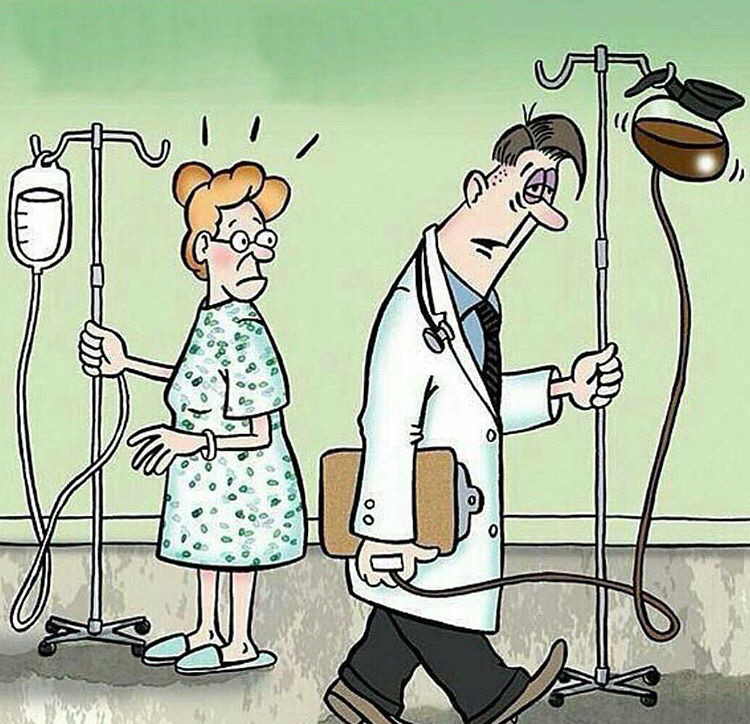
Every year, the world is assaulted with an alarming rate of suicide from the medical community and according to the American Foundation for Suicide Prevention, medical students are 15 to 30 percent more likely to suffer from depression and studies show that suicide rates among medical students are 4 times more than that of the general population.
Medical school has been named one of the risk factors to mental illnesses, already placing the medical student at a disadvantage in the race for keeping your sanity in check and the reasons are not far-reaching. Just recently, a medical student in the Niger Delta University (NDU) in Bayelsa committed suicide for failing his MBBS examination.
THE STRESSES
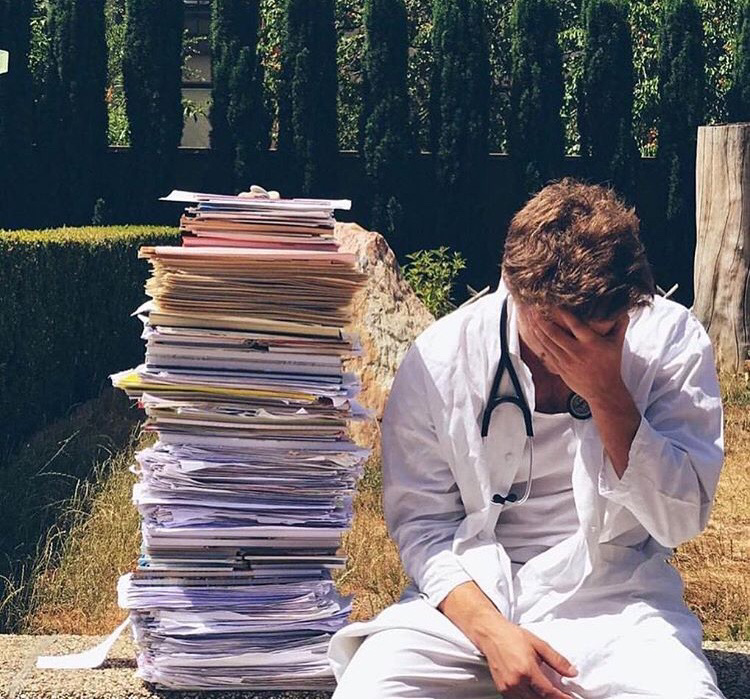
In our environment, the average medical student, before the advent of medical school would have to battle it out intellectually with an estimate of over 300,000 students seeking admission into medical schools nationwide with a total of fewer than 5,000 slots. After excelling in such a feat that indirectly models you to be competitively conditioned, your first year, probably away from home for the first time in your life may feel overwhelming; coupled with the pressures of trying to make meanful friendships and get an excellent cumulative grade point average, befitting of a medical student.
The life of a medical student is a very arduous one in which not many of our folks outside the system understand. Hence, it is not a surprise that most drop out during the course of their studies stating the stress, the mental burn out and poor support systems as the most contributing factor to this decision.
Fast forward to your second year when you begin Anatomy, Physiology, and Biochemistry; you are expected to be an expert in each subject in less than nine months, pass the endless continuous assessments, projects, and a rate-limiting examination just so you could move to clinical school. From the cadaver dissection sessions to the abstract chemical structure of proteins, you never knew existed! Truly, that amount of stress is enough to leave one feeling drained. Fortunately or Unfortunately depending on your perspective, some do not even make it through this phase.
Welcome to Clinical school. You are happy, you made it, or did you?
The rude awakening then comes, and you realize that things are no different even bordering on worse because:
- The life away from home situation, friends and family increasingly becomes unappealing, and you are forced to deal with it, by looking for alternatives to replace that empty space even if it is for a while.
- The knowledge acquisition rate in clinical school is extreme, and the common analogy is that learning in medical school can be likened to drinking water from a fire hose.
This overwhelming state coupled with the overachieving, competitive spirit and perfectionist attitude of the average medical student, results in the perfect blend of mental illnesses with a side of depression.
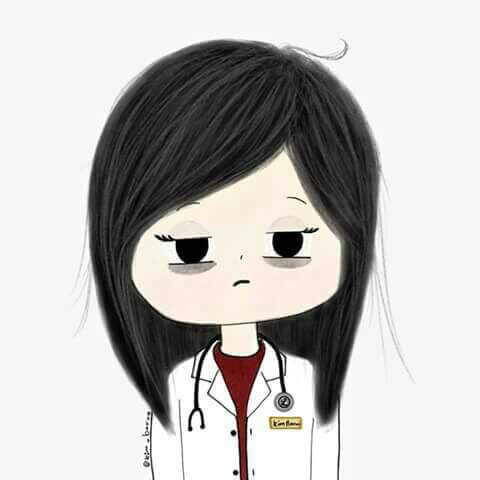
- The long hours spent standing during ward rounds with little or no breakfast or lunch, constantly exposed to the harsh realities of human suffering contributes progressively to your increasing stress rate.
- Sleep deprived, you are tasked to acquire more knowledge which might just save another life, neglecting your health.
- During this ordeal you are also faced with an everyday questioning of your competence, knowledge, and ability to be successful in saving human life; breeding low self-esteem, psychological stress, which may ultimately lead to depression and frank psychoses and even death.
- The debts acquired during your course of study from tuition, the textbooks, the materials and equipment you have to buy, then money for your upkeep clothes and so on because medical students are required to appear well dressed. These clothes and study materials are expensive, contributing its own quota in weighing down your mental capacity.
Those on multiple scholarships and those with sponsorship from parents or guardian are lucky enough to have barely escape while those that have to depend on themselves and loans, not so great, as thinking about settling debts, watching as the figures add up, one by one, with the harsh realities of the economic hardship faced in our country today, it is not out of place to say that one’s mental health can take a turbulent turn for the worst.
HELP IS NEEDED
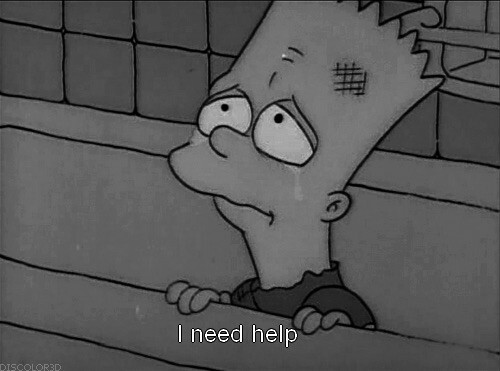
The signs of the cumulative effect of these hazardous exposures manifest in different forms, from lack of interest in what you love, incessant fatigue, loss of appetite to even frank suicidal thoughts.
So what do you do when you discover these in yourself, most of us would not want to own up to the problem that we have for fear of being seen as too weak, fear of being stigmatized, or not getting your dream job if you have suffered from mental health-related issues in the past.
News flash! Your life is yours and You do not get to have another, just because you are a medical student. The medical school as we know it, gives no breaks. It is a journey faced with hurdles and expectations from yourself, family and society but you to be up to the task, you would need to be well balanced and grounded to be able to come out successful. Let us face it, the system is against you and by virtue of being a Doctor in training, you are a thin line away from mental stability and mental break down. It is your job to make sure you do not cross that line.
Several strategies to combating stress issues vary with each individual and if followed devotedly, there are bound to be positive outcomes.
PAUSE… BREATHE

There comes a time when you feel everything is crashing down on you and you cannot just go on.
When it comes, take a break, you would need it to refocus and reset your mind towards what is really important, although many of us may feel guilty for the break, it is your mental health at stake before you are a medical student, you are an individual that has needs.
Try to put all your stress and worries into perspective, whilst you are struggling to understand the first slide of your lecture and then you remember that you have to clerk your patient for a consultant round the next day, a term paper and a test all due by the end of that week, at that moment, medicine can feel like the worst decision you have ever made in your life; so you begin to panic which further stresses you.
Take a few moments to think, and then you would realize that one day you would have probably forgotten that you ever wrote that term paper.
YOU ARE NOT ALONE
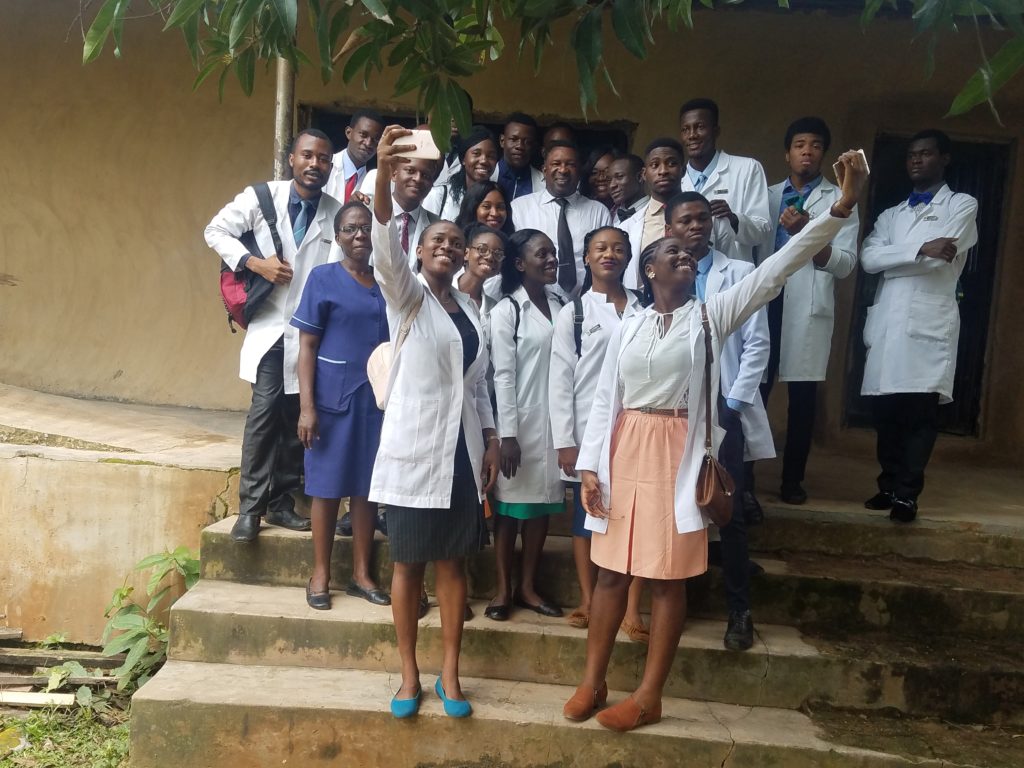
Having a good support system cannot be overstated, just by talking about the stressors in this your chosen vocation with family, friends, colleagues, and mentors you trust can go a long way in getting you back on track.
Your colleagues and mentors to have their role to play in ensuring you have a might have been in the same situation as you so the best bet is that they could help you out by their sharing experiences and how they tackled it. Even confiding in those outside the field of medicine can offer a whole new viewpoint to whatever battles you have to fight that day and proffer ridiculously effective solutions to the problem at hand. So do not feel that your stressors are extraordinary, a lot of people have gone through it and are back now, so you can too!
PLANNERS
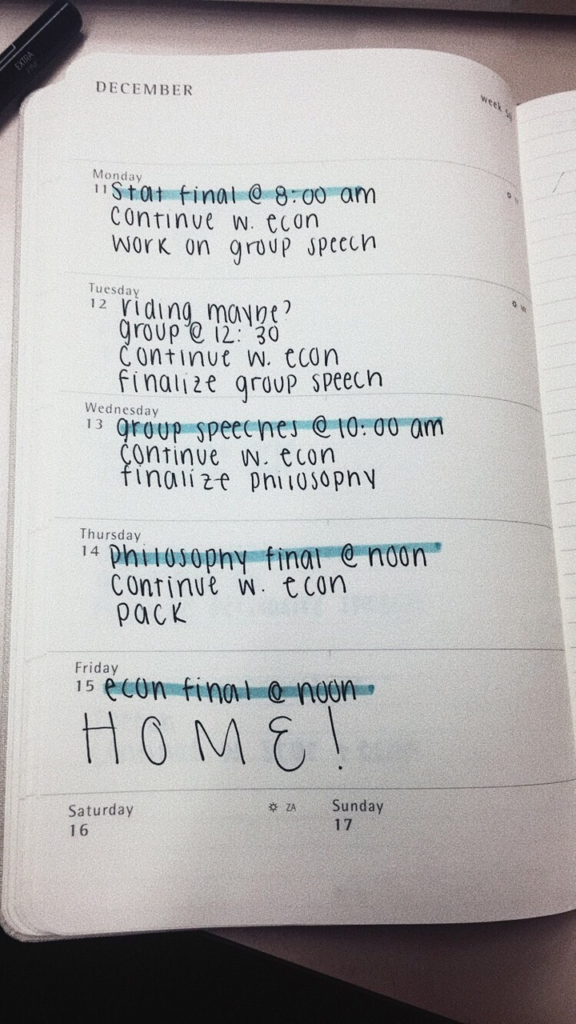
Making a schedule can help in balancing school, social and personal life. It kind of helps you to compartmentalize things, prioritize and put good use of your time and not only studying alone. It requires consistency, commitment, and self-discipline. Well-Executed study time of 2 hours each day can go a long way in improving your academic performance and keeping you less overwhelmed and you would still have time for all other activities that you love like sports, dancing, writing, exercising, running errands, watching a movie.
EXTRACURRICULAR

We are all familiar with the expression, ‘All work and no play makes Jack a dull boy’, this saying wholesomely applies to life, and being a medical student does not exempt you from having fun. Taking a break from the books to play that sport you love, singing, dancing, engaging in your various religious duties, practicing hobbies would certainly not make you less of a student. Instead, when you get back from those activities, you would be feeling refreshed and in no time ready to hit the books again.
If you feel down, depressed, and nothing seems to interest you anymore, it would not hurt to go to a trusted psychiatrist detailing the problems, you are faced with and in time you would be able to be more prepared for the task ahead.
Enough of telling ourselves that we would be fine eventually and pretending that everything is okay when it is clearly not. Human lives including ours are in our hands.
By Diala Amarachi

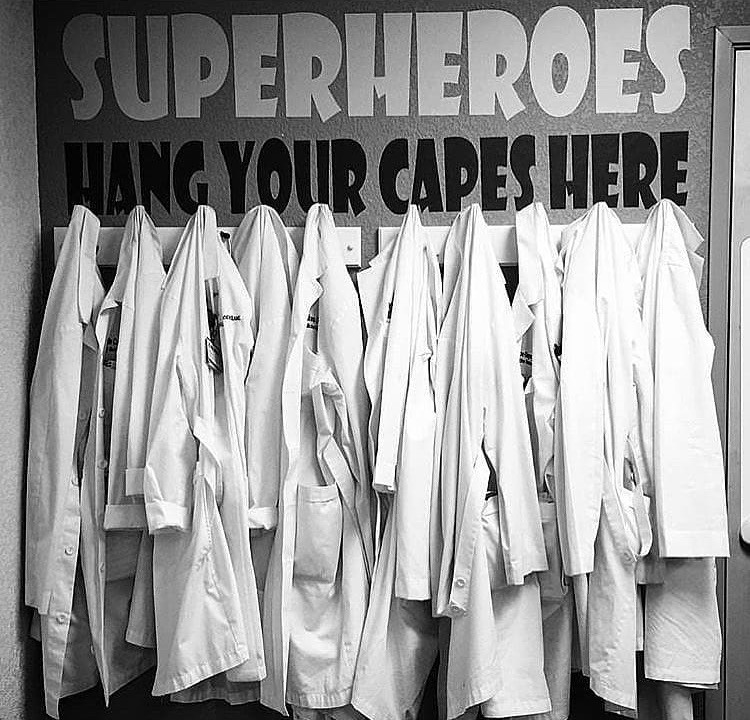
One comment
Astonishing! Thank you very much, it was a lovely read